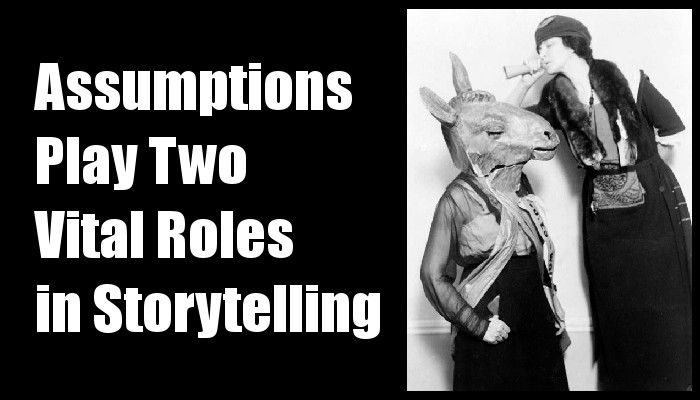
Many years ago, my wife and I attended a couples retreat in the San Fernando Valley. The first night, attendees sat in a circle and introduced themselves. As soon as one gentleman opened his mouth, I knew where he grew up.
“Lemme guess,” I said afterwards. “You’re from either Arlington or Somerville, Massachusetts.”
His wife laughed. “Sum-mah-ville,” she said, imitating her husband’s native tongue.
Most outsiders don’t realize that the “Boston accent” is as diverse as the city’s inhabitants. If you listen closely enough, you can hear subtle differences that allow you to pinpoint specific parts of the city. For example, folks from Boston’s North End sound very different than those from “Southy.”
My twenty years as a Southern California resident hasn’t diminished my skills. Not long ago, I had a telephone call with a guy in Arizona. After we’d wrapped up our conversation, I said, “I need to tell you that you’re are making me homesick. I can tell from your accent that we probably grew up within a few miles of one another.”
“Really?” he said. “I grew up in Billerica, Massachusetts. Where did you grow up?”
“Tewksbury,” I said. Tewksbury and Billerica share a border.
My interest in accents offers a lesson in assumptions. We make assumptions all the time. And although Felix Unger says that we should never assume, life would be impossibly frustrating without it. Making assumptions about everyday activities frees our lives from the trappings of trivial minutia. We’re constantly assuming that other drivers will stay in their lanes, liquids labelled as coffee will be hot, and that darkened street corners should be avoided.
Assumptions play two vital roles in any story. First, they spare storytellers the toil of explaining infinitesimal details. Storytellers rely on their audience’s astute ability to connect the dots, thus freeing them to paint the common parts of a picture with a limited palate of colors.
The second role requires a wrong assumption. Wrong assumptions can occur in two ways: either the storyteller has intentionally led the audience to make a bad assumption, or a character has initiated a calamity by making one—like I did recently with my accent game.
The barista at a local coffee shop had an east coast accent…well, sort of. There was something off about it. I’d listen closely every morning, but just couldn’t pinpoint its origin. Perhaps I was losing my touch. Or, perhaps I was hearing an exotic new accent for the first time. And so, I finally asked.
“May I ask where you were raised?”
“Right here in Southern California,” she said.
“Really?” I tried to clarify. “Were you born here?”
“Yes,” she said as she rang up my order.
This made no sense. How could she have been raised locally but sound as if she learned English three-thousand miles away? “That’s interesting,” I said, “because you have an accent that sounds northeastern.”
“Oh,” she said cheerily. “That’s not an accent. I have a speech impediment.”
Oops.
We are assumption-based beings. Most of the time, we get ‘em right. When we don’t, however, we get a story.
What assumptions do you make every day? What about your customers? Which ones do you always get right? More importantly, which ones do you get wrong? The latter always leads to a better story.
Photo Credit: Mrs. Guilford Dudley of Nashville with ear trumpet, talking into ear of Democratic donkey, played by Mrs. Mary Semple Scott in skit atNational American Woman Suffrage Association in Chicago. Chicago Illinois, 1920. Photograph. Retrieved from the Library of Congress, https://www.loc.gov/item/95507721/.